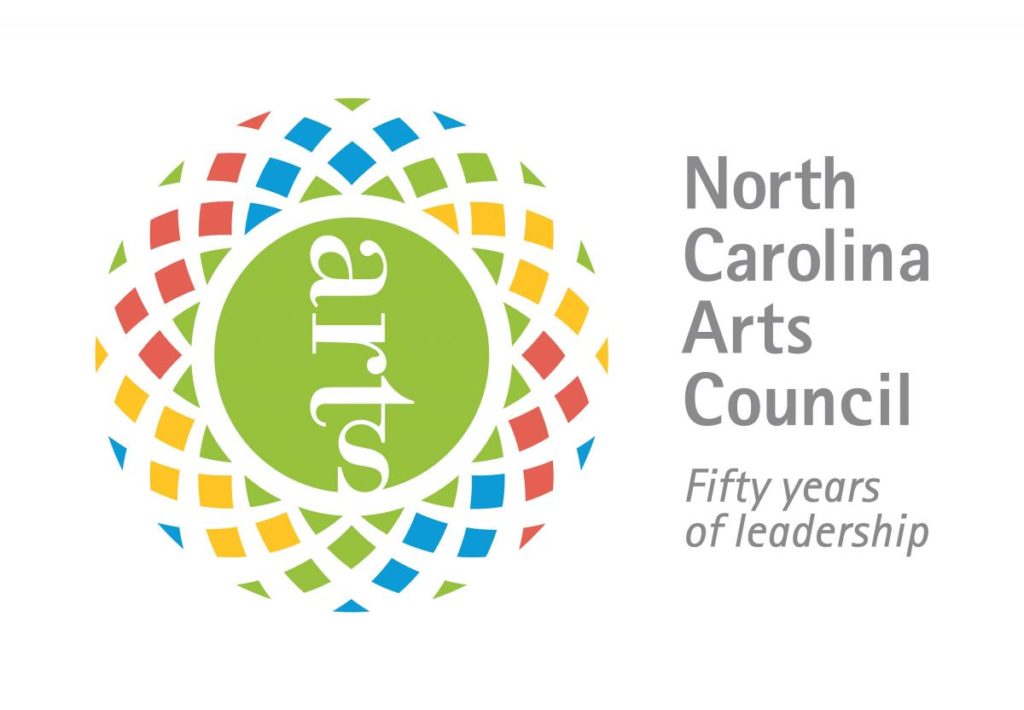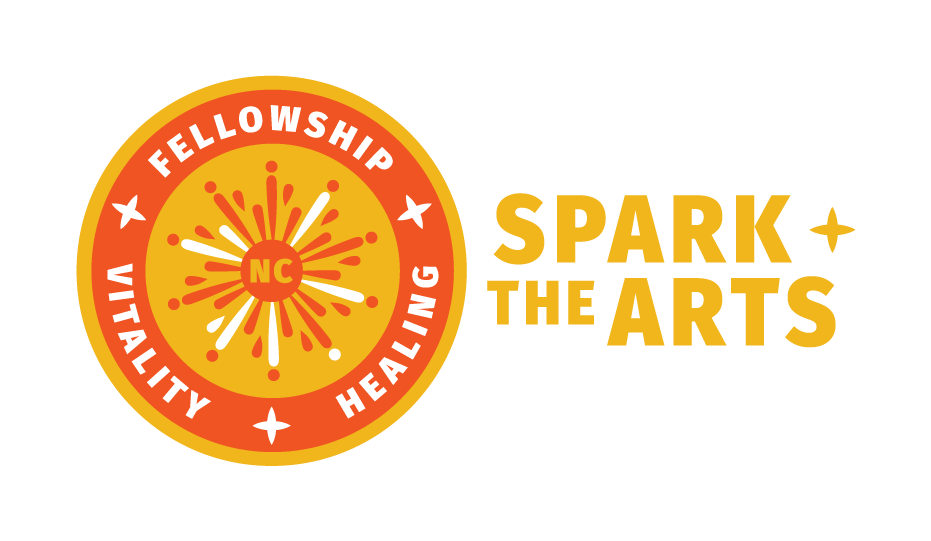Classes and Camps
2023 Directing & Stage Management Workshops
Raleigh Little Theatre is excited to continue our workshop series for aspiring directors and stage managers, sponsored this year by the North Carolina Arts Council. We recognize that the Theatre Arts need to provide more training, access, and experience to traditionally marginalized groups of people. The purpose of this series is to offer educational and practical experiences in the areas of Directing and Stage Management to people who have not been historically represented in theatre training.
RLT’s goal is to continue to promote stories and productions which capture the global majority (BIPOC) and the LGBTQIA+ communities’ voices, celebrations, and experiences. These workshops support our commitment to this goal. Each of the two series, one in Directing and one in Stage Management, will consist of six sessions and be taught by RLT staff and guest teaching artists.
Participants
The aim of these workshops is to provide training to people of the global majority (BIPOC) and the LGBTQIA+ communities. While these communities will be the primary focus of recruitment efforts, all people will be invited to participate. Each series is capped at 25 participants.
Cost
These workshops will be free of charge for all participants. In addition, all participants will be provided a $100 stipend to cover costs associated with participating in the program.
How to Register
If you are interested in participating in one or both of the workshops, please click the link below:
BIPOC and LGBTQIA+ identifying individuals are given priority in registration.
The deadline to register is Monday, February 20.
If you have any questions, please email Education@nullRaleighLittleTheatre.org.
Directing Workshop Outline & Dates
Each two-hour workshop will take place in person at Raleigh Little Theatre (unless noted as virtual) on the Sundays noted below from 3:00-5:00pm EST.
Workshop 1: The Role of the Director (March 12)
Participants will examine the role of the director in a theatrical production and practice putting this role into action. We will talk about community through a justice, equity, diversity, and inclusion lens and will create our community agreements.
Workshop 2: Bodies and Space (March 26)
In this workshop, participants will explore the various types of theatre spaces and look at how performers’ bodies and the use of space can have a psychological impact on audiences, as well as how to demonstrate power, focus, and relationship through dynamic composition.
Workshop 3: Script Analysis (April 16)
This session will focus on how a director interacts with a script in order to successfully communicate the story to their creative team, performers, and audiences.
Workshop 4: How Creating Successful Ground Plans Lead to Successful Blocking (April 30)
Participants will be introduced to the importance of creating dynamic ground plans and how they inspire blocking that successfully communicates a story.
Workshop 5: Auditions, The Casting Process, and Collaborating with Actors (May 21 – Virtual)
This session covers the audition and casting process from writing audition announcements, planning your audition time and to how to lead successful auditions in order to find a strong cast. This session will also explore tools for building positive relationships with actors, creating brave and antiracist spaces for the vulnerable work of creating a play, and inspiring great performances.
Workshop 6: Collaborating with Stage Managers (May 28 – Virtual)
The culmination of the series, both groups of participants will come together to investigate how Directors and Stage Managers work together to create a unified leadership team for the cast and crew.
Stage Management Workshop Outline & Dates
Each two-hour workshop will take place virtually on Zoom on the Sundays noted below from 3:00-5:00pm EST.
Workshop 1: Stage Management 101 (March 5)
This session will serve as an introduction to Stage Management and will touch on the following topics: What is a stage manager?, the stage management team, overall role of the stage manager during pre-production, the rehearsal process, technical rehearsals, and the run of a show.
Workshop 2: Script Analysis for the Stage Manager (March 19)
This session will examine how to go about reading the script from a stage manager’s perspective and will touch on the following topics: Reading the script for pleasure, the important elements related to the stage manager, how to use the information from the script analysis to create scene breakdowns and french scenes, rehearsal schedules, character scene breakdowns, build initial scenic, prop, and costume plots, and take the time to build an electronic script.
Workshop 3: The Blocking Process (April 2)
This session will cover the elements of recording and editing blocking notations during the rehearsal process. The following topics will be included: Understanding the scenic ground plan, stage right and stage left, notations for stage locations, use of shorthand notations, diagrams vs. words for blocking, edit changes, and how to include director comments into blocking notes.
Workshop 4: Preparing for Technical Rehearsals (April 23)
This session will explore what the stage manager should do to prepare technical rehearsals and how to lead the team through this process. The topics will include: Paper tech, working with designers, preparing the calling script, cue to cue vs. run/stop, break down complicated cue sequences, adding warnings and stand-bys, headset etiquette, and calling the show.
Workshop 5: Before the First Rehearsal and After the Show Opens (May 7)
This session will focus on the role the stage manager plays in creating a safe and positive environment for rehearsals and responsibilities after the show opens. The topics will include: Taping out the rehearsal space from the scenic ground plan, creating daily call, rehearsal report templates, communicating with the cast, call board, picture ‘who’s who”, paper work prep, creating show reports, maintaining the artistic integrity of the show, fight and intimacy calls, and working with your ASM.
Workshop 6: Collaborating with Directors (May 28)
The culmination of the series, both groups of participants will come together to investigate how Directors and Stage Managers work together to create a unified leadership team for the cast and crew.
Sponsors
This project was supported by the North Carolina Arts Council, a division of the Department of Natural and Cultural Resources.
The arts are back in North Carolina. The Spark the Arts grant promotes audience inclusion and reengagement in the arts.

